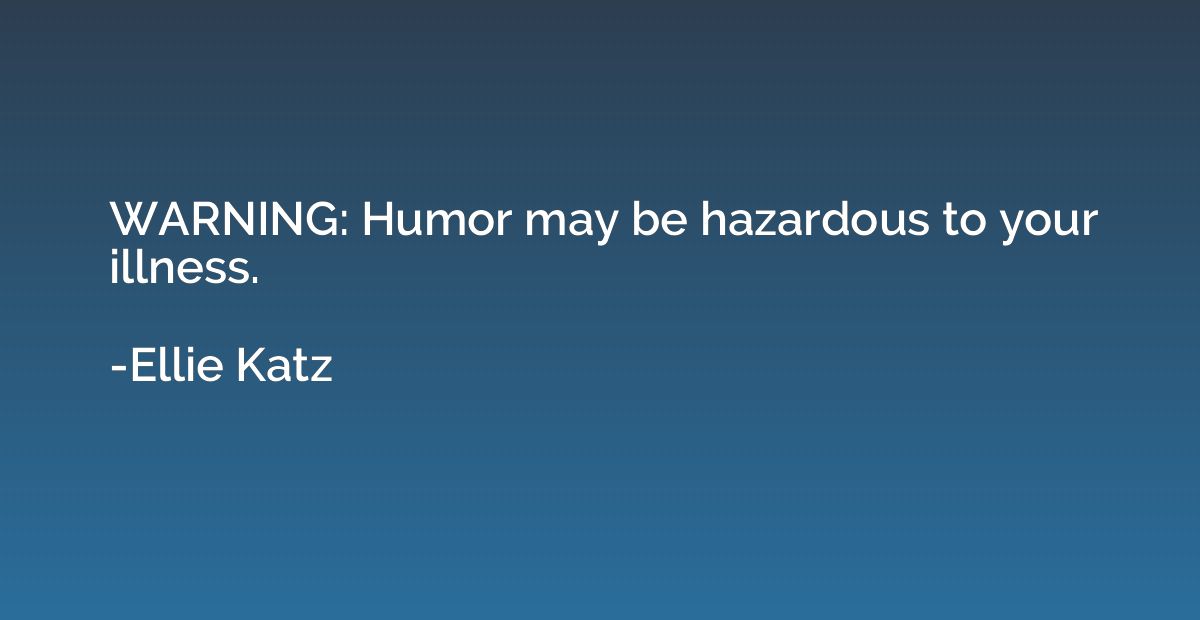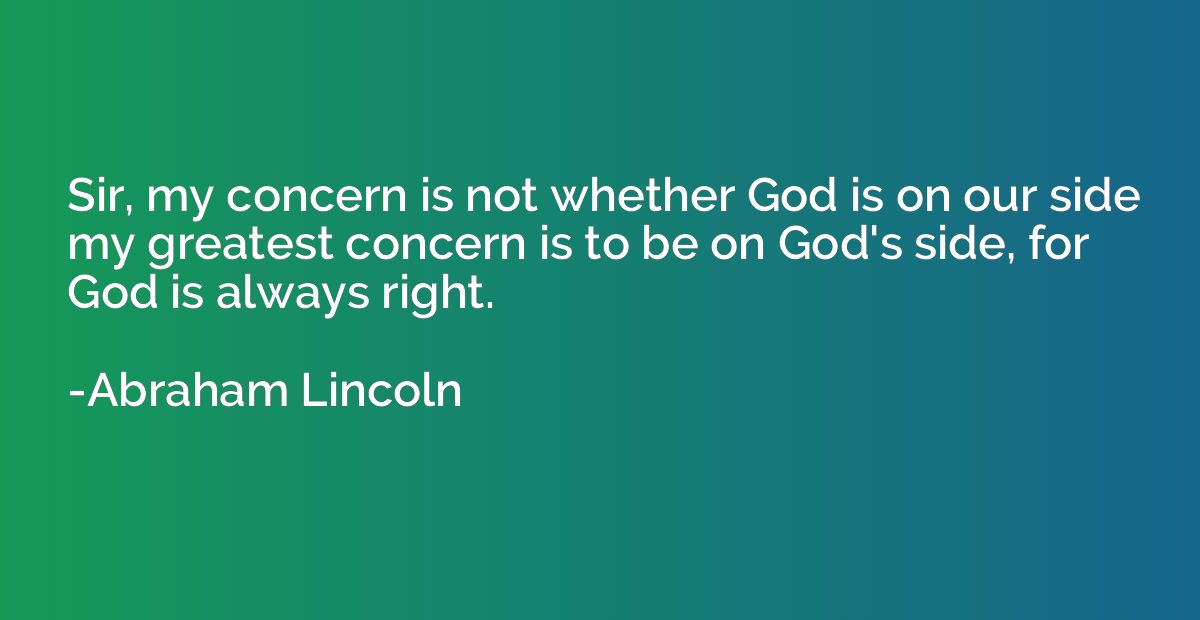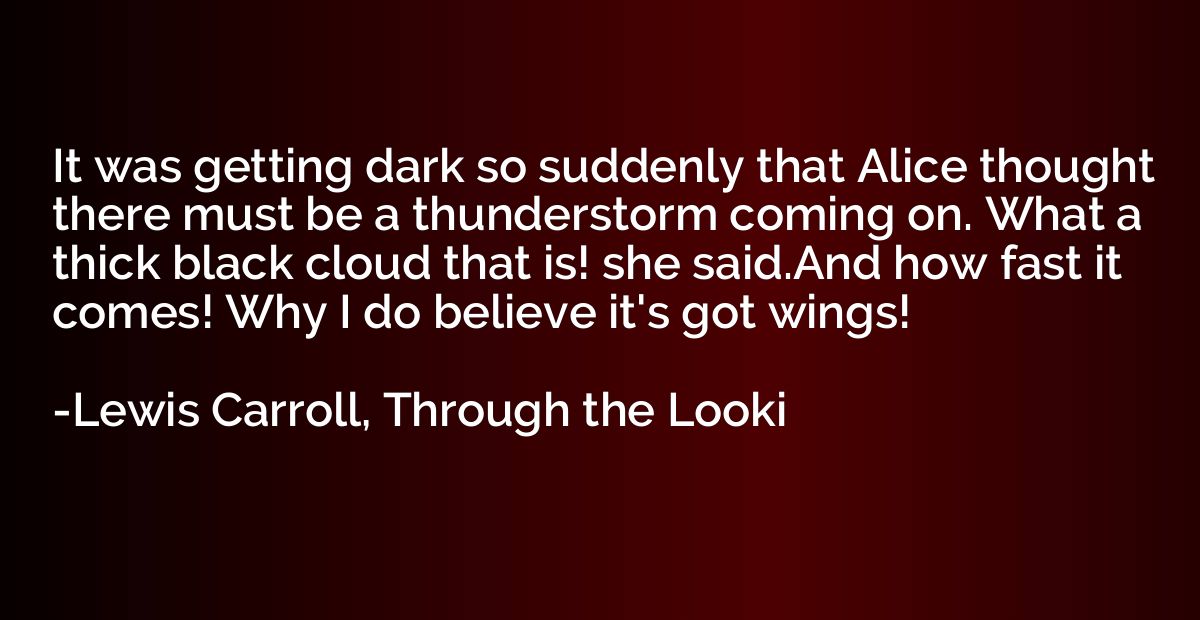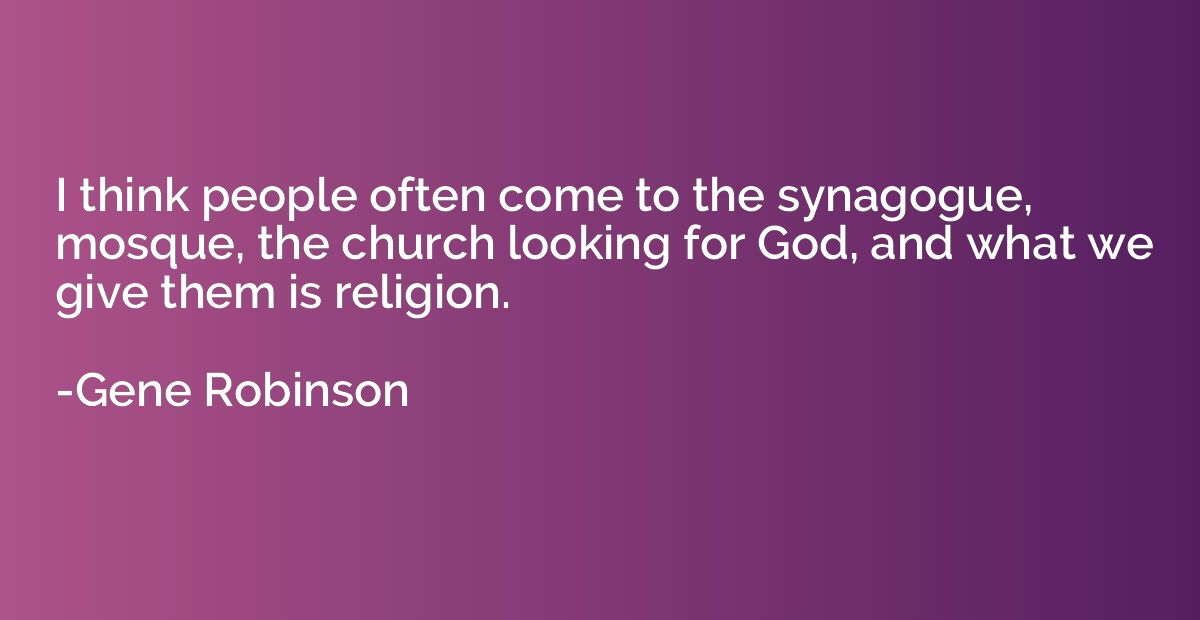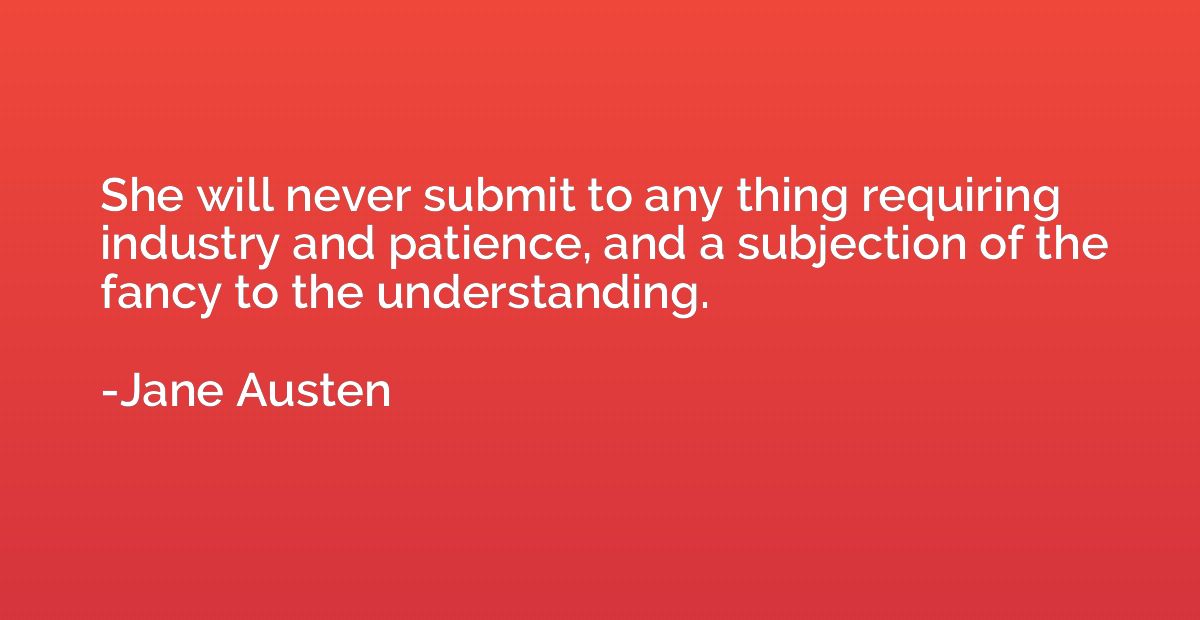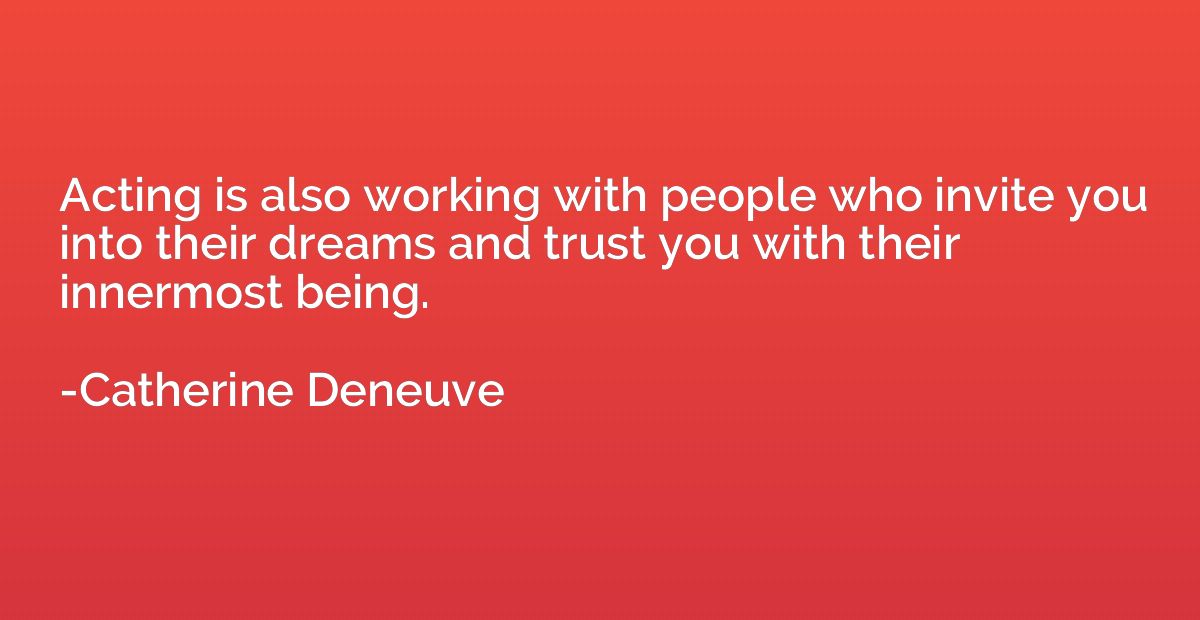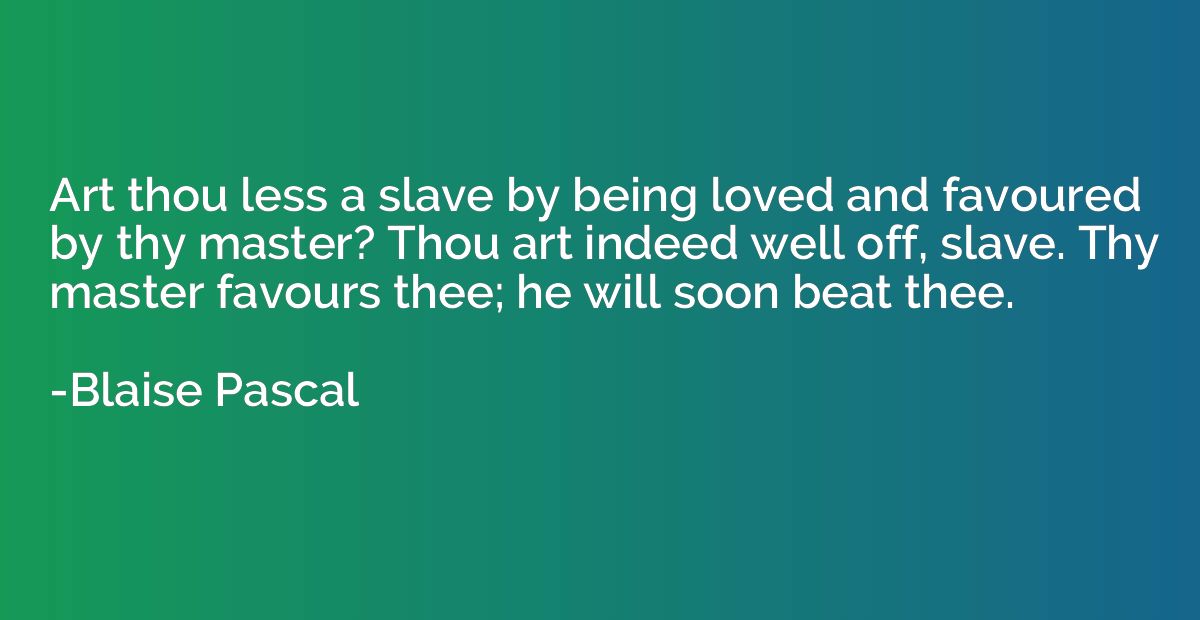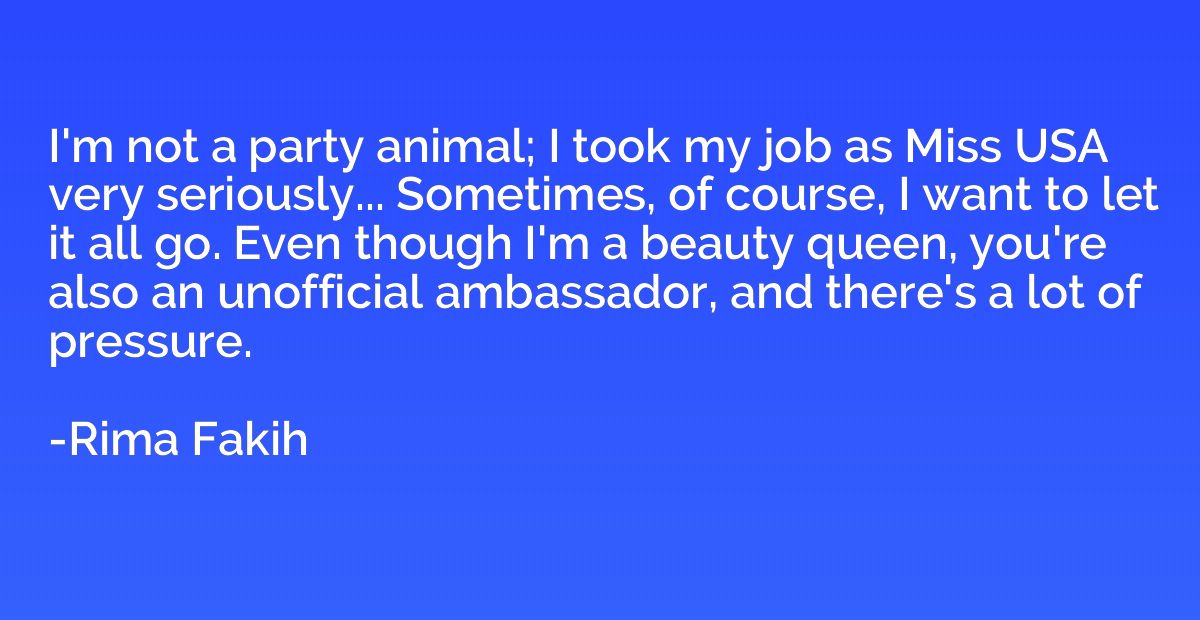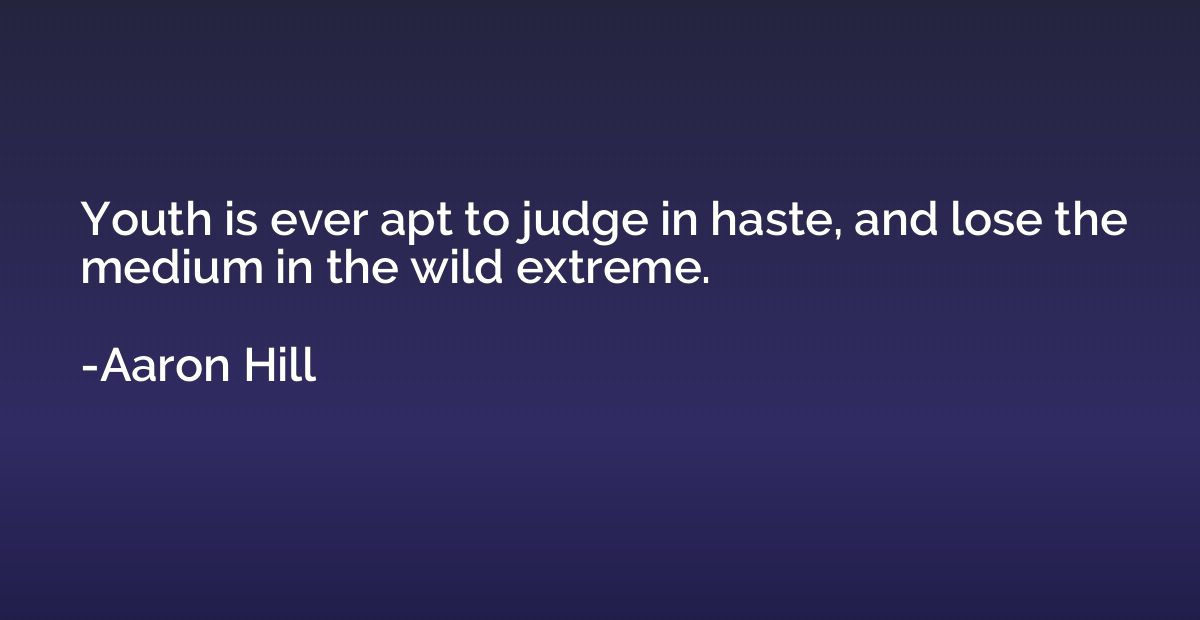Quote by Christopher Hitchens
One also, in our milieu, simply didn't meet enough Americans to form an opinion. And when one did this was in the days of crew-cuts and short-legged pants they, too, often really did sport crew-cuts and trousers that mysteriously ended several inches short of the instep. Why was that? It obviously wasn't poverty. A colleague of my father's had a daughter who got herself married and found that an American friend she had met on holiday had offered to pay the whole cost of the nuptial feast. I forget the name of this paladin, but he had a crew-cut and amputated trouser-bottoms and a cigar stub and he came from a place called Yonkers, which seemed to me a ridiculous name to give to a suburb. (I, who had survived Crapstone ) Anyway, once again one received a Henry Jamesian impression of brash generosity without overmuch refinement. There was a boy at my boarding school called Warren Powers Laird Myers, the son of an officer stationed at one of the many U.S. Air Force bases in Cambridgeshire. Trousers at The Leys School were uniform and regulation, but he still managed to show a bit of shin and to buzz-cut his hair. 'I am not a Yankee,' he informed me (he was from Norfolk, Virginia). 'I am a CON-federate.' From what I was then gleaning of the news from Dixie, this was unpromising. In our ranks we also had Jamie Auchincloss, a sprig of the Kennedy-Bouvier family that was then occupying the White House. His trousers managed to avoid covering his ankles also, though the fact that he shared a parent with Jackie Kennedy meant that anything he did was accepted as fashionable by definition. The pants of a man I'll call Mr. 'Miller,' a visiting American master who skillfully introduced me to J.D. Salinger, were also falling short of their mark. Mr. Miller's great teacher-feature was that he saw sexual imagery absolutely everywhere and was slightly too fond of pointing it out [...]. Meanwhile, and as I mentioned much earlier, the dominant images projected from the United States were of the attack-dog-and-firehose kind, with swa
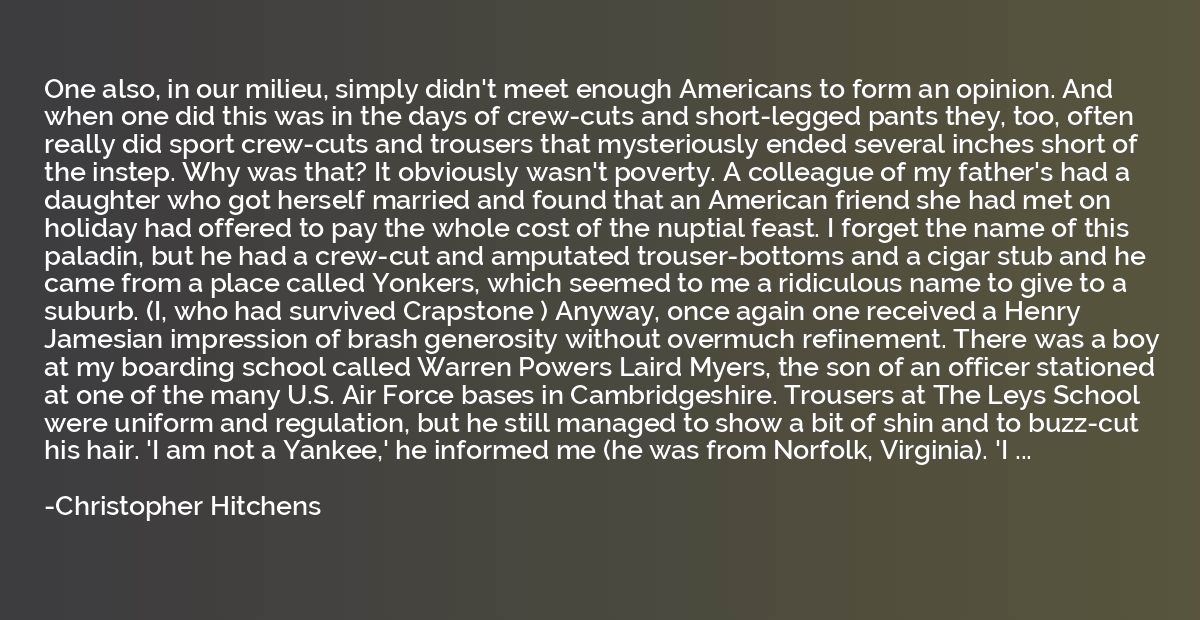
Summary
The quote suggests that the author did not have many opportunities to meet Americans in their environment. When they did encounter Americans, they often noticed a distinct style, characterized by crew-cuts and trousers that were too short. The author questions why some Americans seemed to dress this way despite not being impoverished. These encounters left a strong impression of brash generosity without refined manners. The quote also mentions specific individuals who personify this style, including a boy from a U.S. Air Force base, a Kennedy family member, and a visiting American teacher. Overall, the quote reflects the author's limited exposure to Americans and their perception of their style and behavior.



